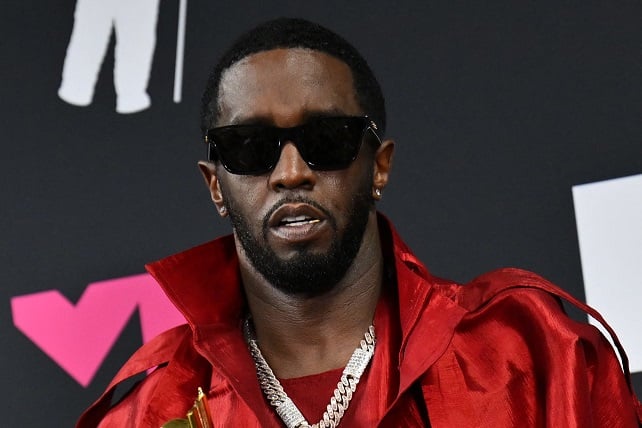Prosecutors have leveled serious allegations against music mogul Sean ‘Diddy’ Combs, accusing him of breaching prison regulations in a calculated effort to influence potential witnesses tied to his upcoming sex trafficking trial. According to court filings, Combs, who is 55 years old, has made what prosecutors describe as “relentless efforts” to sway witness testimony. The basis for this assertion stems from claims that he utilized the telephone accounts of other inmates and engaged in three-way calls to communicate with individuals who are not listed on his approved contact list. This contentious issue underscores the stakes involved in the high-profile case, as multiple recorded phone conversations and a notebook retrieved from his jail cell at the Metropolitan Detention Centre in Brooklyn allegedly detail these instructions to reach out to potential witnesses.
Amidst these legal battles, Combs has maintained his innocence, pleading not guilty to all charges against him. He has been in custody since his arrest in Manhattan on September 16. Legal proceedings have already shown a complicated layer of potential privilege violations. A key development occurred when a judge ordered prosecutors to destroy copies of materials seized during a recent search of Combs’ jail cell as they evaluated whether such evidence could be admitted at trial. Combs’ legal representatives have contended that this seizure infringes on attorney-client privilege, a fundamental legal protection that ensures confidentiality between a lawyer and their client. On the other side of the courtroom, prosecutors rallied to argue that the seized materials could actually signal an obstruction of justice, thus providing a potential justification for bypassing privilege protections.
Diddy’s legal strategy has encountered a significant roadblock with regard to his bail status. Multiple bail requests have been denied, largely due to concerns regarding his potential to tamper with witnesses involved in the case against him. Combs’ team has recently proposed a bail package worth $50 million, which includes provisions for 24-hour monitoring and house arrest. They argue that the conditions in jail are inadequate and that the limited resources available to him pose challenges to his ability to prepare for his defense effectively. This defense hinges on the assertion that he should be allowed to prepare his case outside of the jail environment, highlighting the struggles faced by defendants in high-profile cases.
The prosecution has pushed back against this bail proposal, describing Combs as a “serious risk” to the integrity of the trial proceedings, thereby urging the court to reject the request for bail. Their stance emphasizes the need to maintain the judicial process’s integrity, particularly given the gravity of the charges Combs faces and his alleged misconduct while incarcerated. In weighing the evidence presented by the prosecution and the defense’s arguments, the court’s forthcoming decision carries immense implications not only for Combs’s personal freedom but also for the overarching narrative of the case.
As the legal battle unfolds, the stakes remain high, with both sides preparing for an impending trial that could reshape public perception and impact Combs’ legacy as a music icon. The court is expected to delve further into the newly introduced evidence alongside the bail proposal in the following days, facing the challenge of balancing the rights of a defendant with the pursuit of justice and the protection of potential witnesses involved in this controversial case. This trial could potentially serve as a pivotal moment not only in Combs’ life but in a wider conversation about accountability in the entertainment industry, the treatment of defendants, and the methods of prosecuting serious criminal allegations.
In conclusion, the complexities of this case encompass a range of legal intricacies, from accusations of witness tampering and violation of prison rules to discussions around attorney-client privilege and the suitability of bail. As both the prosecution and defense prepare for potentially critical legal decisions in the near future, the implications of the court’s rulings extend beyond the immediate legal outcomes, touching upon broader societal issues regarding justice, celebrity status, and the power dynamics intricately woven within the legal processes. The outcome of this case may not only affect Combs directly but could also lead to significant discussions on how similar cases are handled in the future.


